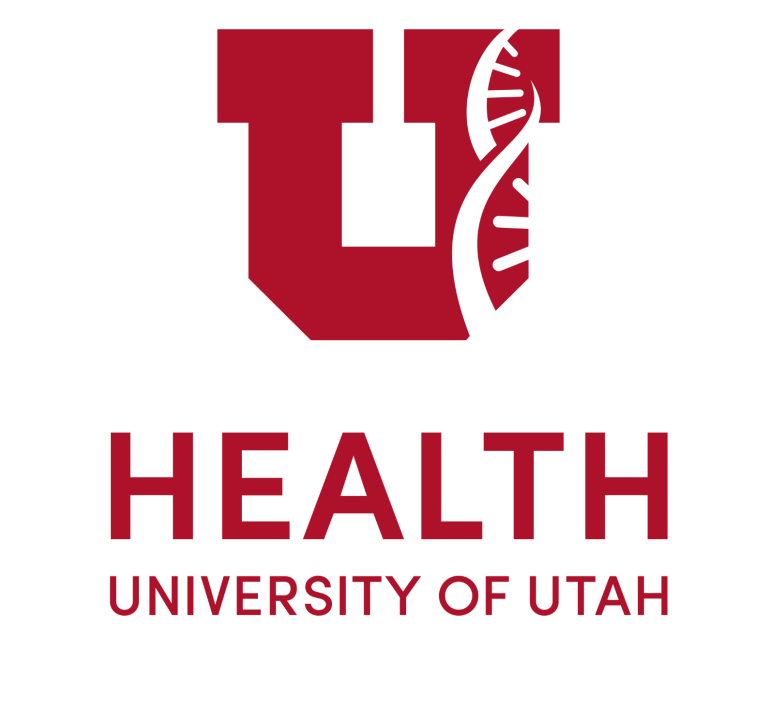
Our approach to develop a sustainable endovascular thrombectomy service builds on previous work reported in the MT-GLASS study, the guidelines established by Mission Thrombectomy 2020, the WIST training curriculum, and the encouraging results of the Road to IR program, which was implemented in Dar es Salaam.
We propose to establish a permanent and systematic collaboration between the Muhimbili National Hospital in Dar es Salaam, the Department of Neurosurgery at the University of Utah and the Department of Neurology at the Texas Tech University to deliver a project focusing on three essential components required to establish a sustained mechanical thrombectomy service for patients with acute ischemic stroke due to large vessel occlusion in Dar es Salaam:
Our Goals
1) Establish the incidence patients presenting with acute ischemic stroke who are eligible for mechanical thrombectomy treatment.
- Registry of patients presenting with acute ischemic stroke secondary to large vessel occlusion
- Implement acute imaging protocol to establish true incidence of eligible patients
2) Establish an international consensus on the essential requirements for providing mechanical thrombectomy which can be utilized in low resource setting.
- Conduct modified Delphi to develop consensus among experts
3) Develop a self-sustaining training curriculum and program for training physicians to perform mechanical thrombectomy for stroke and ultimately the whole breadth of neuro-endovascular interventions culminating in a Master of Science of Neuro-Endovascular Intervention.
- Establish 12 international teams per year who will commit to 1-2 week of hands-on training on site
- Supplementary weekly online lectures
Above goals will lead to establishing an epidemiological basis for a cost-effectiveness analysis of mechanical thrombectomy in Dar es Salaam and ultimately in large urban centers in Tanzania; the background for informing policy makers as to the required capital investment and subsequent on-going funding; and ultimately lead developing a self-sustaining model for training the next generation of physicians with expertise in neuro-endovascular intervention.
We need your consent to load the translations
We use a third-party service to translate the website content that may collect data about your activity. Please review the details in the privacy policy and accept the service to view the translations.

